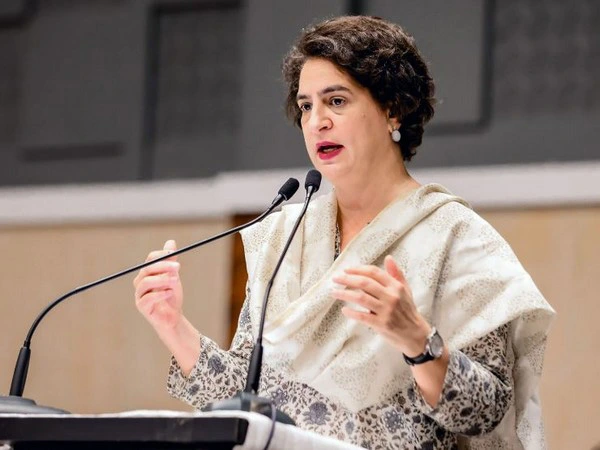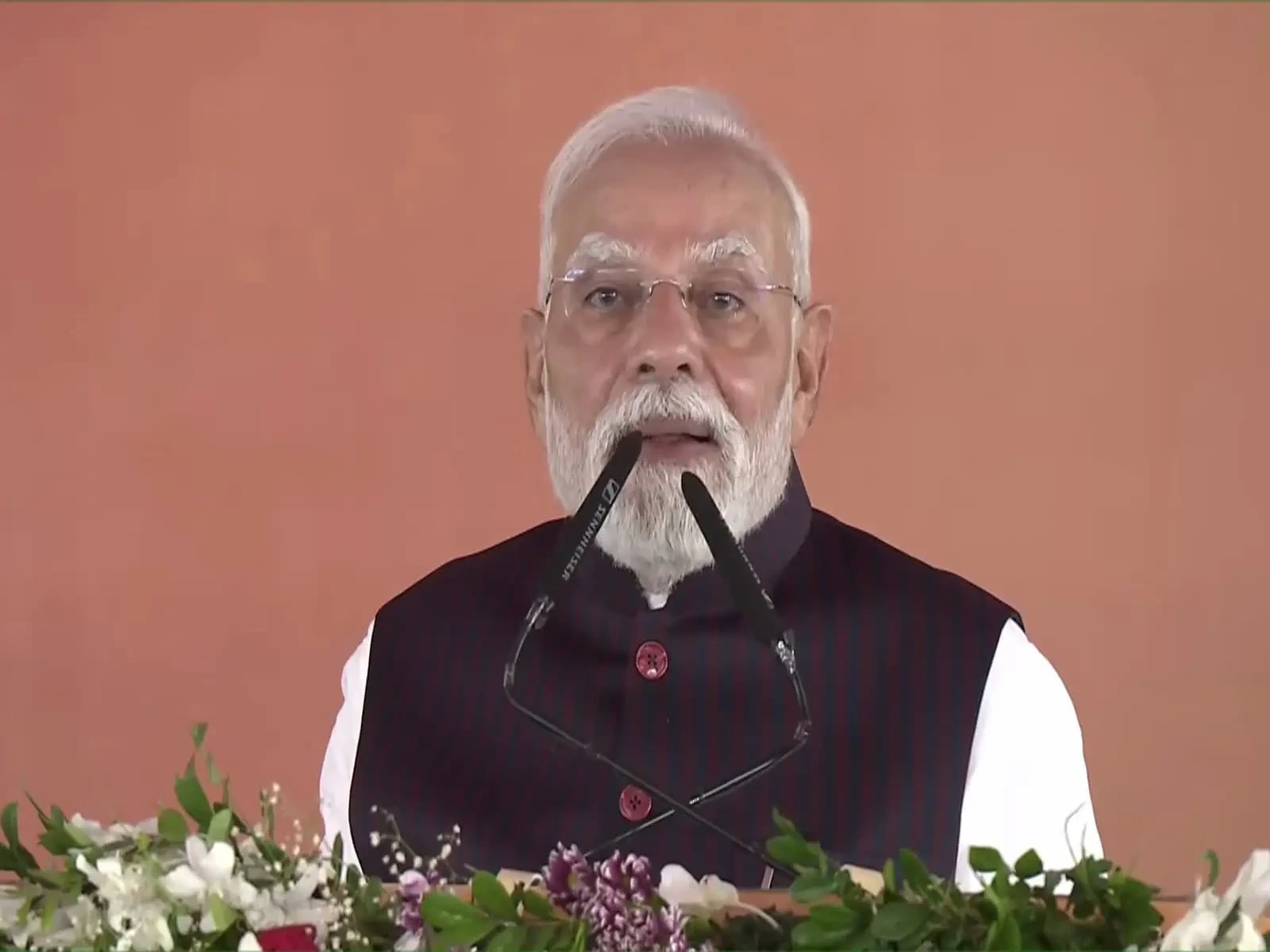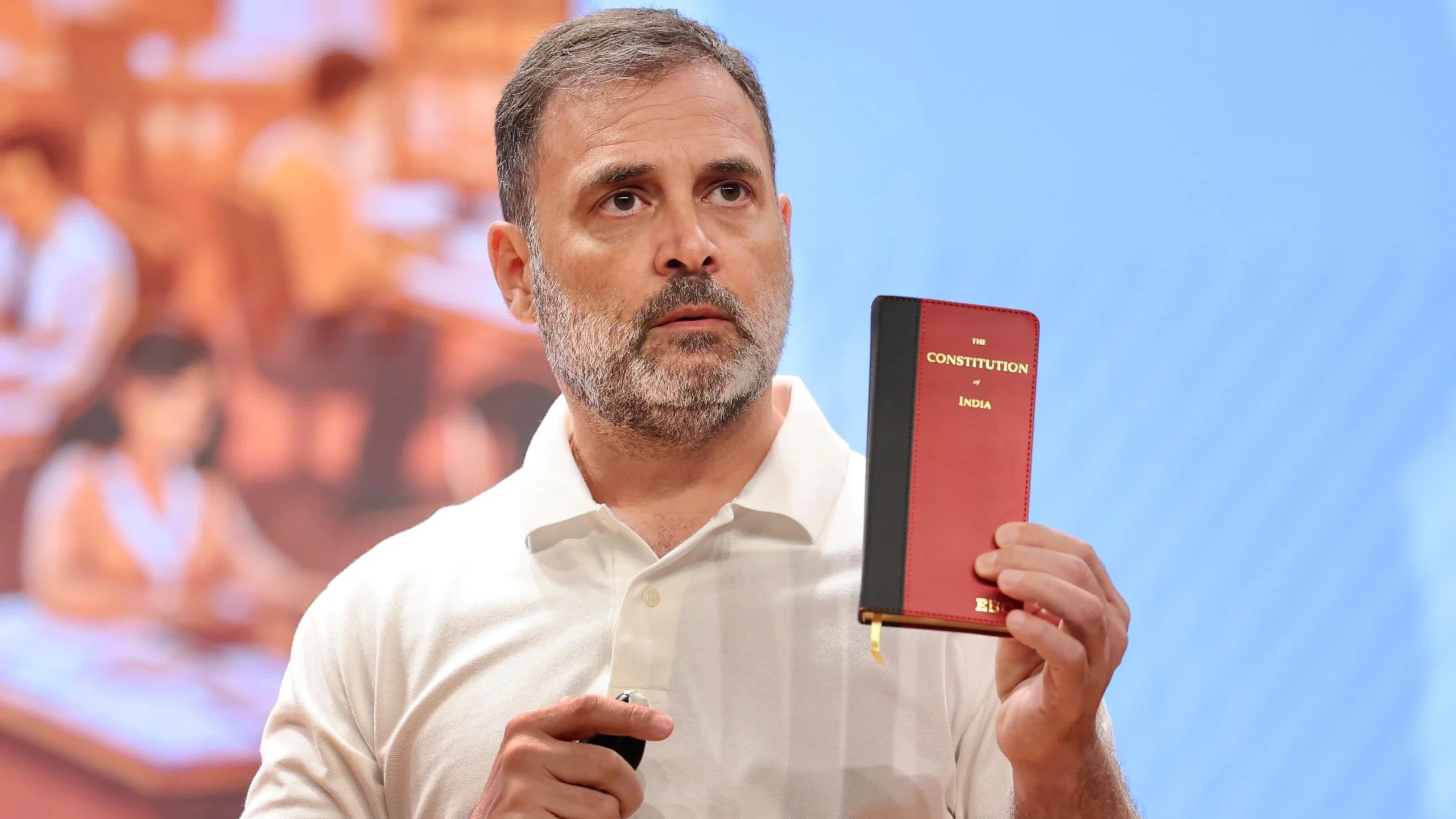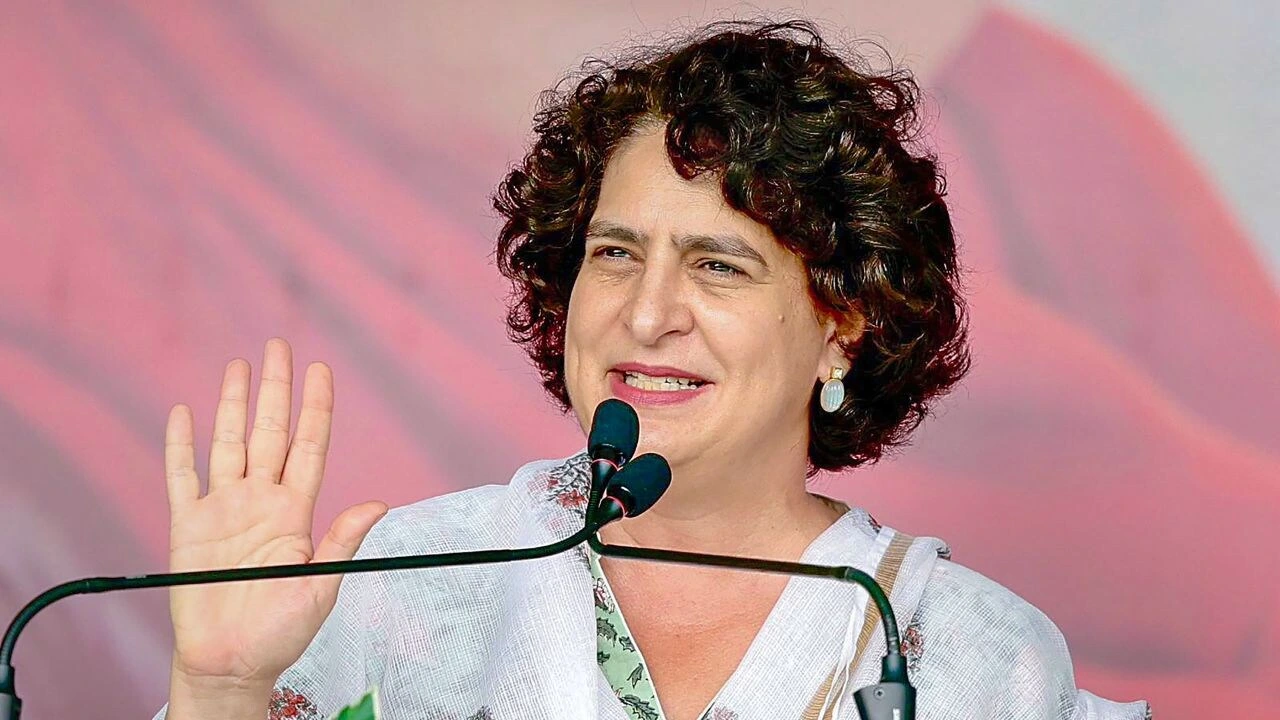14-JUN-2025, 08:00PM
In a strong and emotional reaction, Congress MP Priyanka Gandhi Vadra has publicly criticized the Indian government for abstaining from the recent United Nations General Assembly (UNGA) resolution that called for an immediate ceasefire in Gaza. The proposal, aimed at ending the ongoing violence between Israel and Hamas, was seen as a humanitarian plea supported by a significant number of member states.
Priyanka Gandhi called India’s decision to abstain “shameful and disappointing,” emphasizing that the country, historically known for standing by oppressed and war-torn nations, failed to uphold its moral compass on an issue involving innocent lives and global human rights.
Priyanka Gandhi Expresses Deep Disappointment Over UNGA Abstention
Priyanka Gandhi Emphasizes India’s Moral Responsibility on Global Stage
Priyanka Gandhi strongly condemned India’s abstention from the vote, arguing that the country’s silence amounts to complicity. “India has always stood with the oppressed. Abstaining from a ceasefire resolution is against everything our nation has stood for—peace, justice, and humanity,” she said in a post on social media platform X (formerly Twitter).
The UNGA resolution, which called for an “immediate, durable and sustained humanitarian truce,” was passed with overwhelming support. Over 150 countries voted in favor, while only a handful opposed or abstained. India’s decision to abstain placed it among a minority group that drew widespread criticism from rights organizations, peace activists, and political leaders across the globe.
Priyanka Gandhi : A Legacy of Non-Alignment and Peace Questioned
Priyanka Gandhi invoked India’s legacy of non-alignment and support for humanitarian causes, which she believes is being eroded under the current foreign policy direction. “India’s international identity has always been built on the principles of compassion and diplomacy. With this abstention, that legacy is now being questioned,” she said.
Political analysts noted that her remarks resonated with many who viewed India’s neutrality in the matter as a stark departure from the Gandhian ethos of peace and non-violence.
Political Reactions Flood In After Priyanka Gandhi : Remarks
Congress Rallies Behind Priyanka Gandhi :Statement
The Congress party quickly echoed Priyanka Gandhi’s sentiments. Senior leaders including Jairam Ramesh and Shashi Tharoor supported her remarks, adding that the government must explain its foreign policy decisions, especially when they contradict India’s long-standing diplomatic posture.
“Abstaining on a resolution seeking peace during a humanitarian crisis is not strategic neutrality; it is moral ambiguity,” said Congress spokesperson Supriya Shrinate.
BJP Defends Abstention as Strategic Diplomacy
In response, the BJP defended India’s decision as a careful diplomatic balancing act, citing the complexity of the conflict and the importance of protecting India’s strategic interests. “India supports peace, but we also believe in a nuanced understanding of the ground situation,” said BJP leader Ravi Shankar Prasad.
However, this stance did little to quell criticism from opposition leaders and activists who saw the move as aligning too closely with global powers while neglecting humanitarian concerns.
The Humanitarian Context of Gaza Conflict
Civilian Casualties Prompt International Outcry
The UNGA resolution came amidst mounting civilian casualties in Gaza. According to recent reports, hundreds of women and children have been killed, and thousands have been injured or displaced as Israeli strikes continued in retaliation to Hamas-led attacks.
Priyanka Gandhi, known for her advocacy on social justice, expressed concern over the civilian cost of war. “This is not about politics. This is about humanity. Innocent people are dying, and we chose to remain silent,” she lamented.
Her statement has sparked conversations around the moral responsibility of democratic nations in preventing and condemning humanitarian crises.
Global Leaders Push for Ceasefire
World leaders, including UN Secretary-General António Guterres, have urged for an immediate cessation of hostilities. Countries such as France, Germany, and Canada voted in favor of the resolution, further isolating nations like India that chose to abstain.
Priyanka Gandhi’s criticism thus echoes a global sentiment that seeks not only peace but accountability from influential nations.
Priyanka Gandhi’s Growing Voice in National and International Issues
Advocating for a More Compassionate Foreign Policy
This is not the first time Priyanka Gandhi has stepped into the foreign policy domain. In recent months, she has increasingly spoken out on issues that blend domestic values with international responsibilities—from women’s rights in Iran to refugee crises in South Asia.
With her latest remarks, Priyanka Gandhi positions herself as a leader who believes in a foreign policy driven by ethical convictions as much as strategic calculations.
Youth, Human Rights, and Global Perception
Her focus on youth, justice, and global perception appeals to a segment of the Indian electorate that sees foreign policy as interconnected with domestic identity and values. “We teach our children about non-violence and peace. Yet on the world stage, we are turning our backs on those very principles,” she said.
This consistent messaging could shape her long-term political positioning within the Congress party and Indian politics at large.
Conclusion: Priyanka Gandhi’s Stand Sparks Debate on India’s Global Role
Priyanka Gandhi’s sharp criticism of India’s abstention at the UNGA Gaza ceasefire vote has reignited debates around India’s foreign policy, ethical diplomacy, and its role as a voice for peace and justice in the international community.
As the humanitarian crisis in Gaza deepens, voices like hers add pressure on the Indian government to reassess its position and respond with compassion and clarity. Whether or not her appeal leads to a change in policy, it certainly reflects a significant segment of Indian society that expects its leaders to take a principled stand on global human rights issues.
In the coming weeks, it remains to be seen how the Indian government navigates the fallout of its UNGA decision and whether Priyanka Gandhi’s growing influence will continue to shape the public and political narrative on India’s international responsibilities.
Source : ANI





